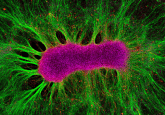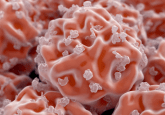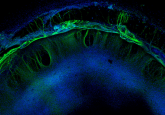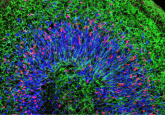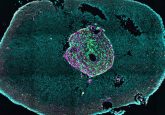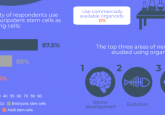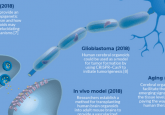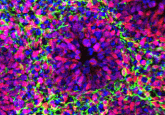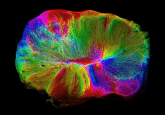Organoids
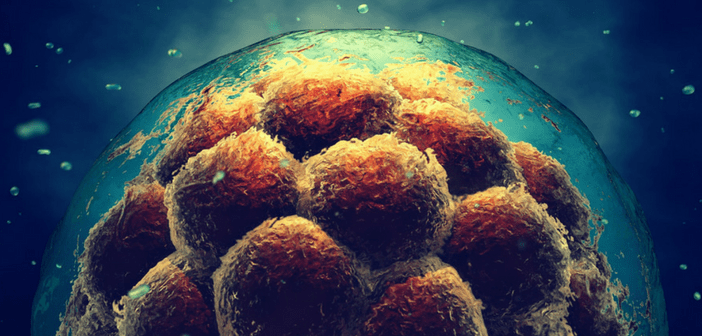
The complexity of the human brain has made it challenging to replicate this unique environment and the developmental processes in model organisms. Organoids offer a unique opportunity as a new tool to model drugs and diseases in vitro, both in the normal and pathological states. These 3D cell cultures comprise a range of specific cell types and are closely biomimetic, enabling more accurate drug testing and disease modelling than traditional 2D cultures.
However, the extent to which organoids recapitulate neural processes observed in vivo remains unclear. These 3D models currently lack certain critical cell types, and without vasculature, their ability to mature and sustain themselves is limited. Additionally, organoids developed from human embryonic stem cells are also subject to the same debate around the ethics of utilizing these cells.
In this Spotlight, we will bring together expert opinions from across neuroscience and neurology to explore the latest in organoid research and applications through a range of news pieces, interviews, journal articles and expert opinions.
